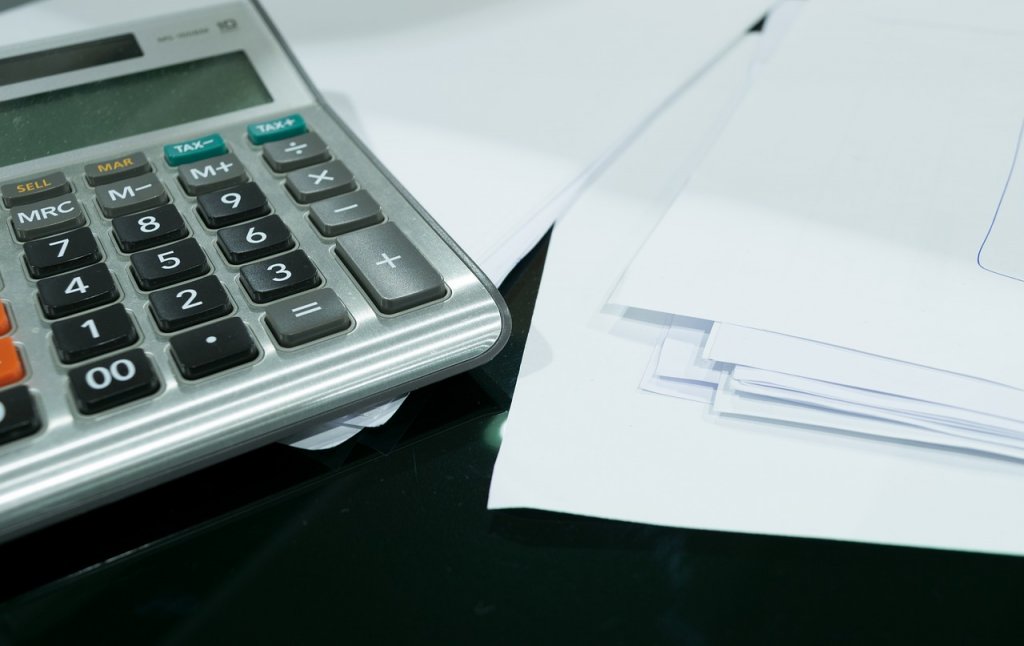Bank charges are pesky and pricey, often catching you off guard when you least expect them. Business and personal account fees can contribute to the cost of closing your bank account or impose a low account balance into the negatives.
Moreover, these are situations you don't want to find yourself in. It's not fair to you as a bank customer, especially if you have been a loyal customer for years.
What are some of the bank fees that you should look out for, and how can you avoid them?

Overdraft Fees
Banks usually charge this fee when customers withdraw more than their available balance. For instance, a $200 transaction on an account that holds just $100 may trigger an overdraft charge. Usually, an overdraft fee costs $35, but the total price of overdrawing can increase if the customer takes too long to restock their account.
The good news is that when you sign up for an account, the bank will ask you whether you want an overdraft service. Not opting in for this service is the best way to ensure you are not penalized for having a lower balance than you thought.
Without an overdraft system, overdrawn transactions may be declined. However, this will only work if you withdraw from ATMs. You might still be charged if you overdraw a recurring bill payment. You can also sign up for overdraft protection.
Monthly Maintenance Fees
Banks often levy this charge to maintain your account. For instance, Chase Bank charges a $12 monthly service fee, and Bank of America charges a $12 per statement cycle maintenance fee.
These fees can be lowered and avoided if you meet the bank’s terms and conditions, such as automatically depositing a monthly check or carrying a large balance. When shopping for a personal account, consider whether you can meet these requirements to avoid this fee. Online banks are a good option, too, as they charge this fee less frequently.
Also Read: 4 Things You Never Knew: What Banks Really Do With Your Money
Paper Statement Fees
It has become commonplace to be charged fees for viewing paper statements. You will pay at least $2 to $3 to receive your paper statement. The best way to lower these fees is to receive bank statements online.
If you want a copy, consider printing it on a home printer for a lower-cost alternative. Not receiving your statement via mail is an added advantage because you lower the risk of fraudsters stealing your personal information.
Account Closure Fees
Ideally, this fee should not be an issue if you are loyal to your bank. But, if you are closing your account soon after opening it, say, 90 to 180 days, you might get hit with $25 fine.
This fee discourages people from signing up for bank accounts solely to take advantage of new-client bonuses. To lower and possibly avoid this fee, ensure your account is open beyond the cutoff period.
Card Replacement Fees
The bank might charge you a fee if you want to replace your debit card before its expiry date. The fee varies between $5 to $25 depending on which bank you are with.
Lowering this fee might be tricky because if your card gets stolen, you can do nothing about it. Instead, keep a backup credit or debit card to save on shipping.
Returned Item Fees
Like overdraft fees, this fee occurs when your account has insufficient funds to support your transaction, and you must “return the item.”
You will be charged about $35 for each returned item. To avoid this, check your checking balance before you make any transaction. You can also set up balance alerts on your mobile banking app.
Conclusion
Before settling on a specific account, fully understand the terms and conditions. Look beyond a banking name or branding and consider the real-deal factors that will smooth your banking life.




















